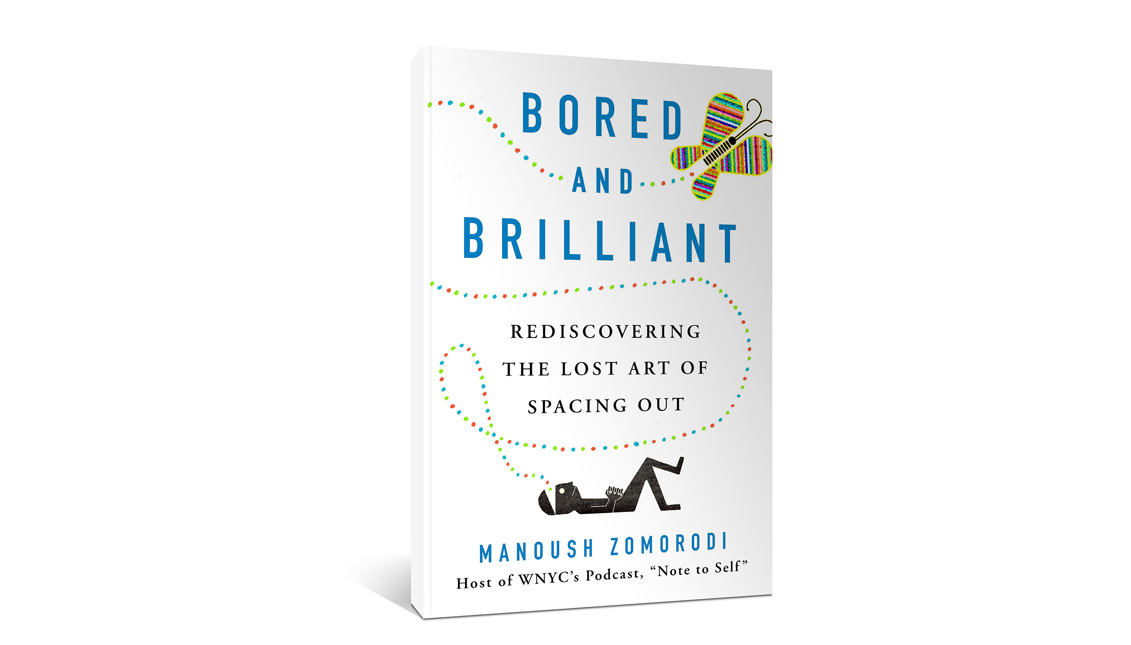
[OP-ED]: Put down your device and try talking with someone
MORE IN THIS SECTION
The rebellion against our addictions to the smartphones, tablets, smartwatches and activity trackers that avert our gazes from people’s faces, crosswalks or the pavement we drive on is not a new thing. Studies going back to 2005 and earlier warn of the hazards of talking on the phone while driving -- mere child’s play now that people regularly text and surf the web while operating motor vehicles.
In 2009, researchers detailed a phenomenon called “inattentional blindness” as a result of being engrossed in cellphone usage. One experiment found that cellphone users were less likely to notice an unusual activity, like a unicycling clown, along their walking route than those who were actually paying attention to where they were going.
I recently discovered “So Far from Home: Lost and Found in Our Brave New World,” a 2012 book written by Meg Wheatley, a writer and new-agey management consultant.
Reading it today -- in an era of Twitter rage, people broadcasting suicide, crimes and sex on live-streaming video platforms, and the rise of fake news -- Wheatley is prescient:
“Never before have we been aware of what’s happening just about everywhere on the planet. And never before have we been engaged in instantaneous reactions with one another about everything from the trivial to the life changing. The instant messaging nature of communications has changed, making it appear more random and irrational. We hear of something instantly: ‘Breaking news! This just in!’ Immediately, we’re encouraged to blurt out a reaction through Facebook or texts that will be read on news shows. Even though most of us don’t understand ‘the crisis’ -- why it happened or its implications -- instant reactions are often charged with hysteria, outrage or grief. Everything becomes a big dramatic deal, but only briefly. The media enflame our reactions, then drop coverage. We may vaguely remember there was a crisis, or not.”
Wheatley was on the forefront of a movement that has lately gained traction and looks to soon take off.
In 2016, Cal Newport’s “?Deep Work: Rules for Focused Success in a Distracted World” basically told readers to disconnect from the virtual world in order to nurture their ability to do high-focus, high-value work.
This May, Nokia is reportedly releasing an update of its iconic 3310 “dumb phone” -- a basic model that has long battery life, a super-retro game called “Snake,” and practically nothing else. Video-game designer Ian Bogost described its countercultural appeal in a recent article in The Atlantic, noting, “The smartphone’s conquest is definitive and complete. A decade after its form solidified, the contemporary citizen of the developed world has almost no choice but to own and operate one. And yet, the joy and the utility of doing so has declined, if not ceased entirely.”
In September, Manoush Zomorodi, the host of the tech podcast “Note to Self,” will publish “Bored and Brilliant: Rediscovering the Lost Art of Spacing Out,” a book that was the outgrowth of a 2015 unplugging experiment (which I participated in) designed to help her podcast listeners reassess their technology habits.
Last week, New York Times columnist Ross Douthat called for a national “digital temperance movement” that would curb internet addiction by having phones banned at restaurants, museums and schools (teachers of America would rejoice!). Predictably, he was ridiculed and denounced as a scold.
Still, I have faith. LaKeith Stanfield, a rapper and star of the hit thriller “Get Out,” recently admitted that he has to apologize to himself for procrastinating in deleting his Twitter account and “all other traces of me on the internet.”
“I think we just spend too much time online,” he said to Julio Ricardo Varela, co-host of the “In the Thick” podcast. “It’s become something where I’m constantly picking up my phone. ... It’s just kind of ridiculous to me how much I was doing it.”
I quit Twitter and Facebook last year and highly recommend it for anyone questioning the value of such “social” engagement in their lives.
The movement back to interpersonal communication isn’t a tsunami yet. But once more ubercool people like Stanfield join the growing ranks of the unplugged, maybe the digital pendulum will finally swing back toward sanity.







LEAVE A COMMENT:
Join the discussion! Leave a comment.